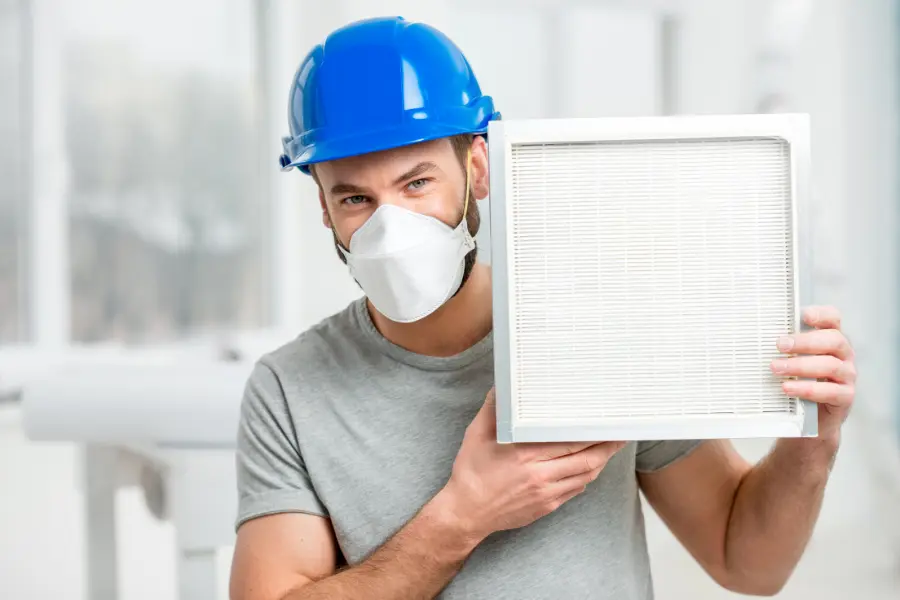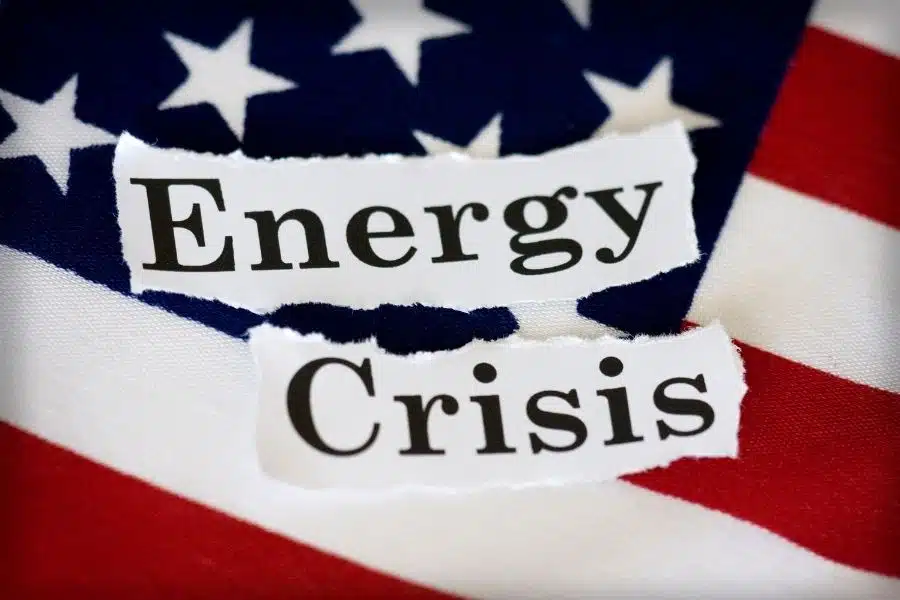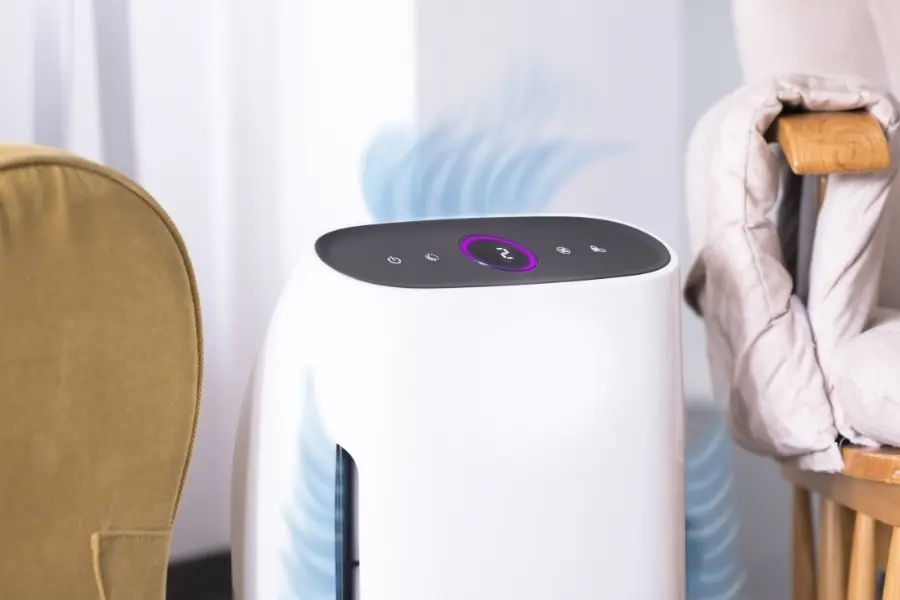Air filters play an essential role in helping to keep your home clean and comfortable. Air filters can make a big difference in your indoor environment, from improving air quality and reducing the spread of airborne viruses to eliminating odors, dust, and other particles.
Unfortunately, many misconceptions about air filters can lead people to make the wrong choices when it comes time to replace them. Here are the 5(five) most common myths about air filters and provide you with some real facts that will help you make informed decisions.
Misconception #1 – All Filters Are Created Equal
The truth is that not all air filters are created equal. Some air filters are designed specifically to trap certain allergens or pollutants, while others may have more general uses. The type of filter you opt for will totally depend on several factors, such as the size and design of your HVAC system. It’s essential to read labels carefully when selecting a 20x25x2 air filter to understand what the filter is designed for and how effectively it is trapping specific particles.
Misconception #2 – You Should Replace Your Filter Every Month
It’s true that most HVAC systems recommend replacing your filter every month, but this isn’t always necessary. Depending on how often you use your system and the type of environment you live in, you may get away with changing your filter less frequently than monthly. More frequent changes may be necessary if you have pets or allergies.
Misconception #3 – Higher Efficiency Ratings Mean Better Filtration
When shopping for an air filter, it’s easy to be swayed by efficiency ratings such as MERV or MPR, but these aren’t necessarily indicators of better filtration performance.
The higher ratings simply mean that the filter has been tested to capture smaller particles; they don’t guarantee better performance in trapping pollutants like pet dander or pollen or reducing odors or VOCs (Volatile Organic Compounds).
Misconception #4 – Expensive Filters Are Better Than Cheap Filters
Expensive does not always equate to better performance when it comes to air filters; cheaper options can be just as effective, if not more so, than their pricier counterparts, depending on what type of filtration you need from them.
Generally speaking, expensive filters tend to have higher efficiency ratings, but this doesn’t necessarily mean they perform better than cheaper alternatives, so do your research before making a purchase decision.
Misconception #5 – Changing Your Filter Regularly Will Reduce Your Energy Bill
While it’s true that clogged filters can reduce airflow, which causes HVAC systems to work harder, resulting in higher energy bills, regularly changing your filter won’t necessarily reduce those costs dramatically unless the old one was greatly clogged or had become damaged due to improper installation or use.
In other words, regular maintenance, such as cleaning coils and ductwork, may do more to reduce energy bills than simply changing out dirty filters regularly. However, both should be done routinely for optimal performance results.
The Bottom Line
By understanding the truth behind these five common misconceptions about air filters, you will be better equipped to select an appropriate model for your needs while avoiding unnecessary expenses along the way.
Keep in mind that regular maintenance is vital when it comes to keeping your HVAC system running smoothly, so don’t forget about proper cleaning procedures and timely filter replacements where applicable.






